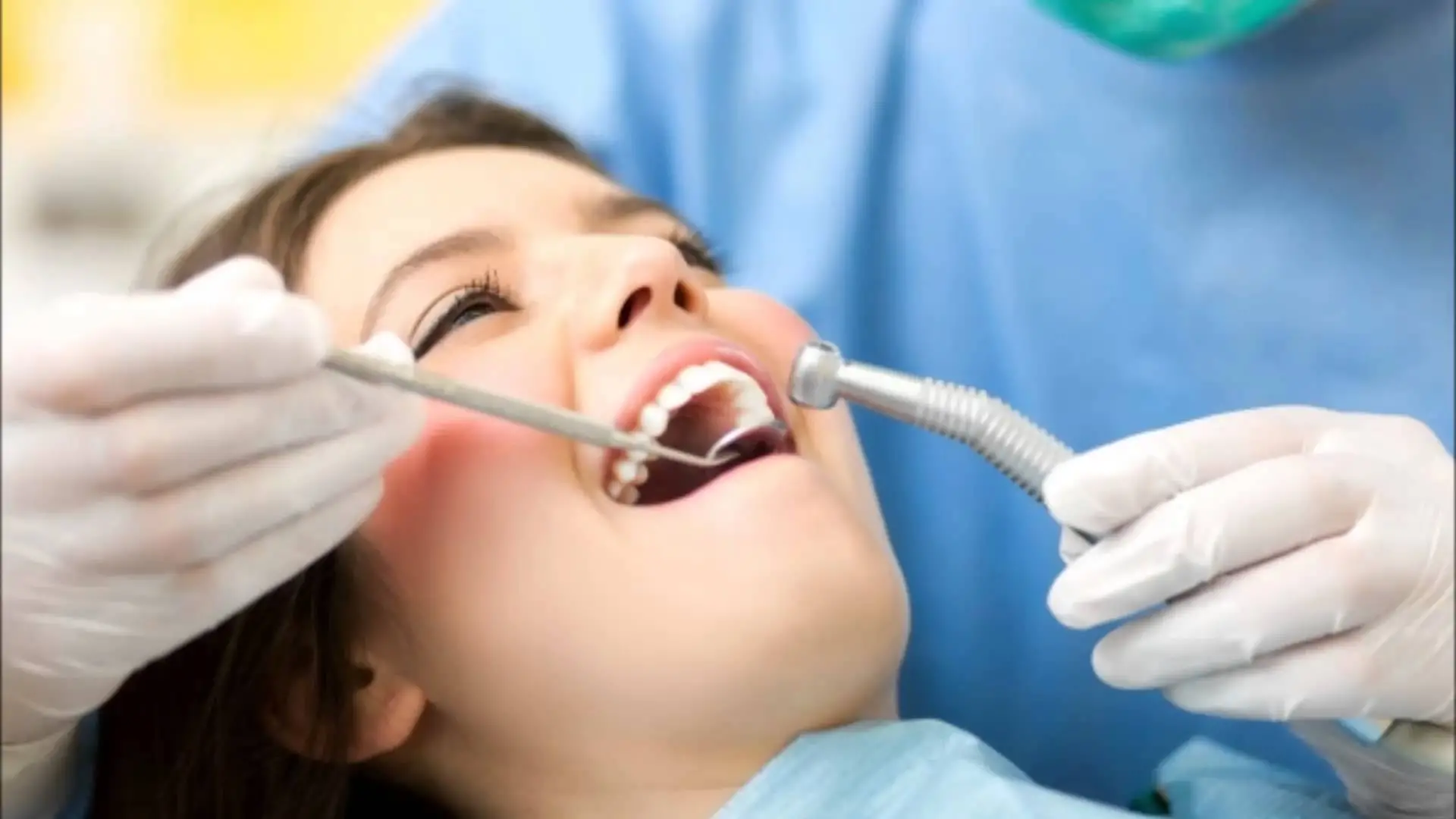Massage therapy has long been celebrated as a holistic approach to wellness, offering a myriad of physical and mental health benefits. With roots tracing back thousands of years to ancient civilizations, this age-old practice has evolved into a popular form of alternative medicine recognized for its ability to alleviate stress, relieve pain, and promote relaxation. As more individuals seek natural methods to enhance their overall well-being, massage therapy has emerged as a go-to solution in today’s fast-paced world.
In this article, we will explore the various techniques employed in massage therapy, the science behind its effectiveness, and the diverse applications of this therapeutic practice. From deep tissue and Swedish massage to more specialized techniques like aromatherapy and sports massage, understanding these modalities can help individuals select the right treatment to suit their needs. Join us as we delve into the transformative power of touch and uncover how massage therapy can enhance not only physical health but also emotional and psychological well-being.
Understanding Massage Techniques
Massage therapy encompasses a variety of techniques tailored to address different needs and preferences. For instance, Swedish massage focuses on relaxation through long, gliding strokes, while deep tissue massage targets deeper layers of muscle and connective tissue, often beneficial for chronic pain relief. Other specialized forms, such as sports massage, play a crucial role in enhancing athletic performance and recovery. As individuals increasingly recognize the benefits of these modalities, the demand for massage services continues to grow. For those in specific locations seeking skilled therapists, resources like https://techbullion.com/who-offers-massage-therapy-in-beaverton-oregon/ can provide valuable information on local options.

The Science Behind Massage Therapy
Numerous studies have highlighted the physiological and psychological benefits of massage therapy. Research indicates that massage can reduce levels of cortisol, the body’s stress hormone, while simultaneously increasing the production of serotonin and dopamine, neurotransmitters associated with feelings of well-being and happiness. Furthermore, regular massage sessions can enhance circulation, promote better sleep quality, and improve flexibility, making it a comprehensive tool for maintaining both emotional and physical health. By fostering a sense of relaxation and tranquility, massage therapy not only addresses immediate physical concerns but also contributes to long-term well-being.
In conclusion, massage therapy stands as a powerful ally in the pursuit of holistic health, bridging the gap between physical ailments and emotional wellness. By harnessing the art of touch and a variety of proven techniques, this practice invites individuals to embark on a journey of self-care and rejuvenation. Whether seeking solace from stress, alleviating pain, or simply nurturing one’s body and mind, massage therapy offers a tailored experience that resonates deeply with each person’s unique needs. As science continues to unveil the myriad benefits of this ancient healing practice, it becomes increasingly clear that regular engagement with massage therapy can play a pivotal role in cultivating a balanced, fulfilling life—one that embraces both the physical and emotional components of well-being.









